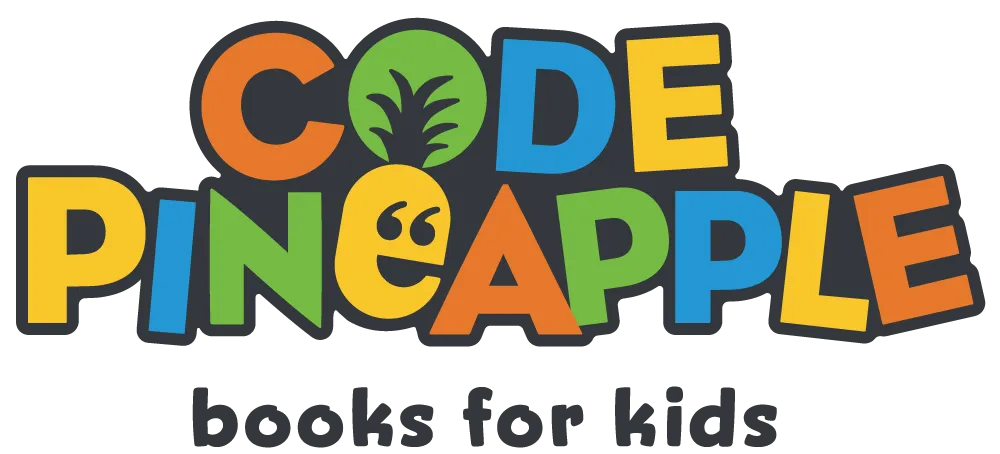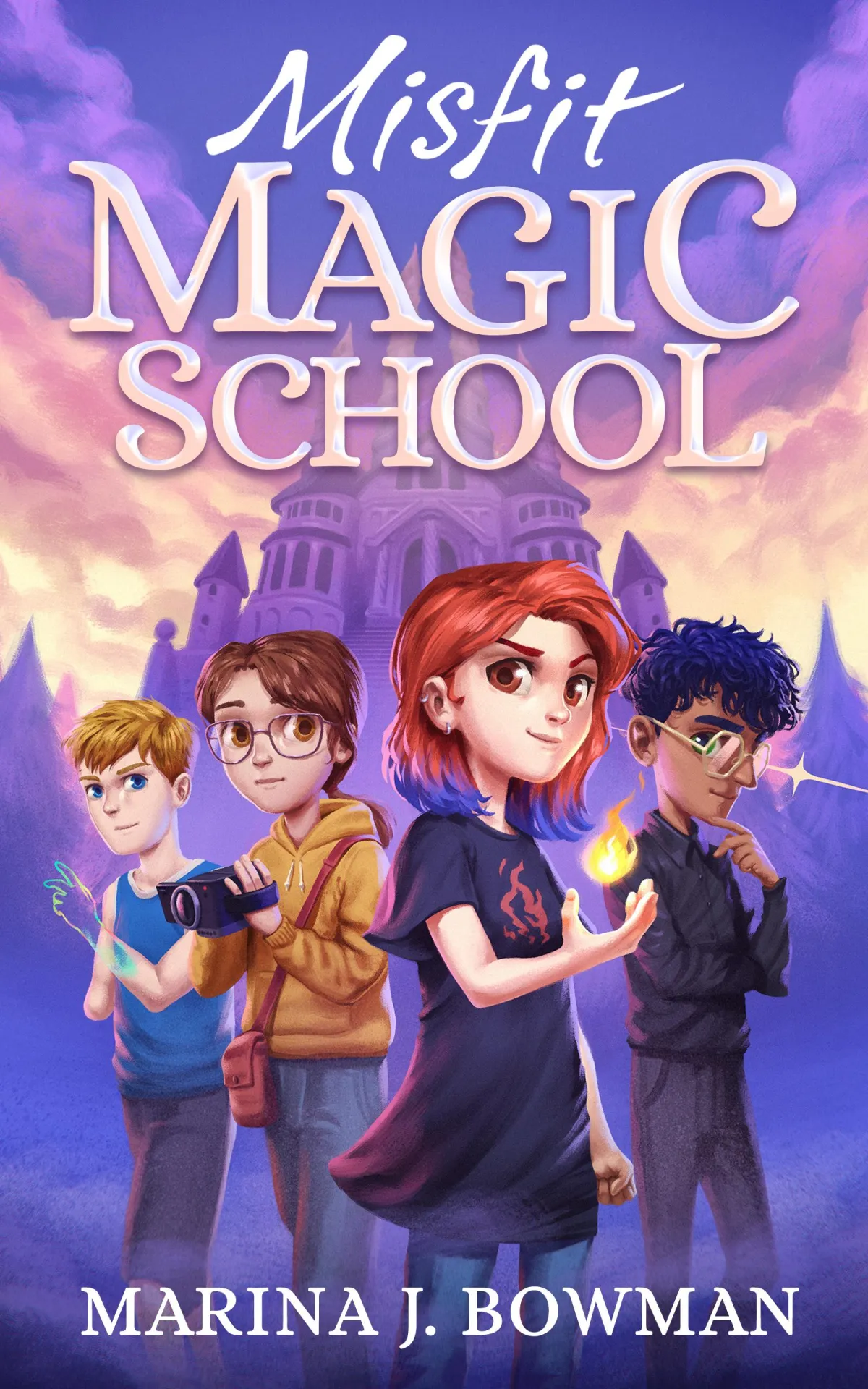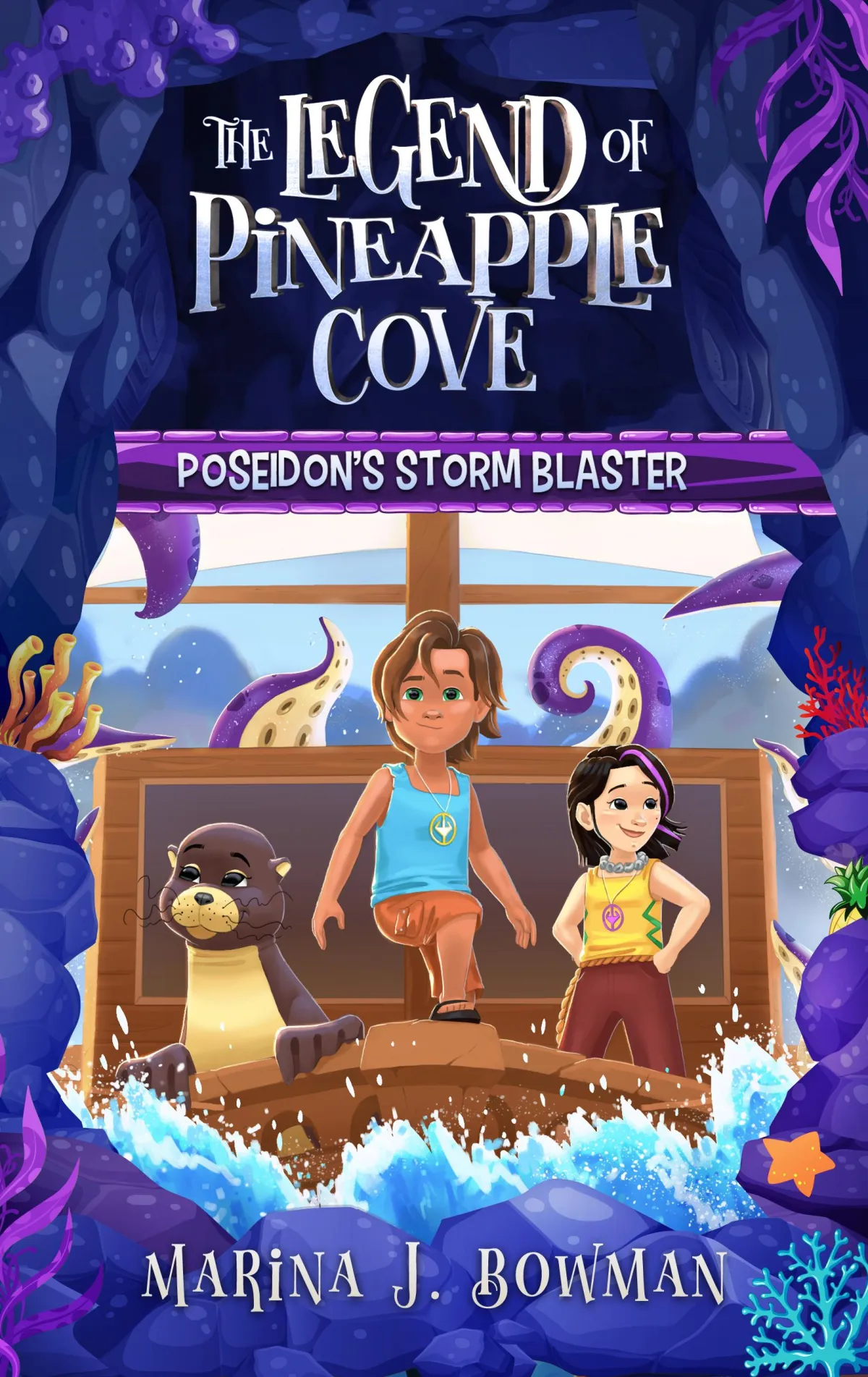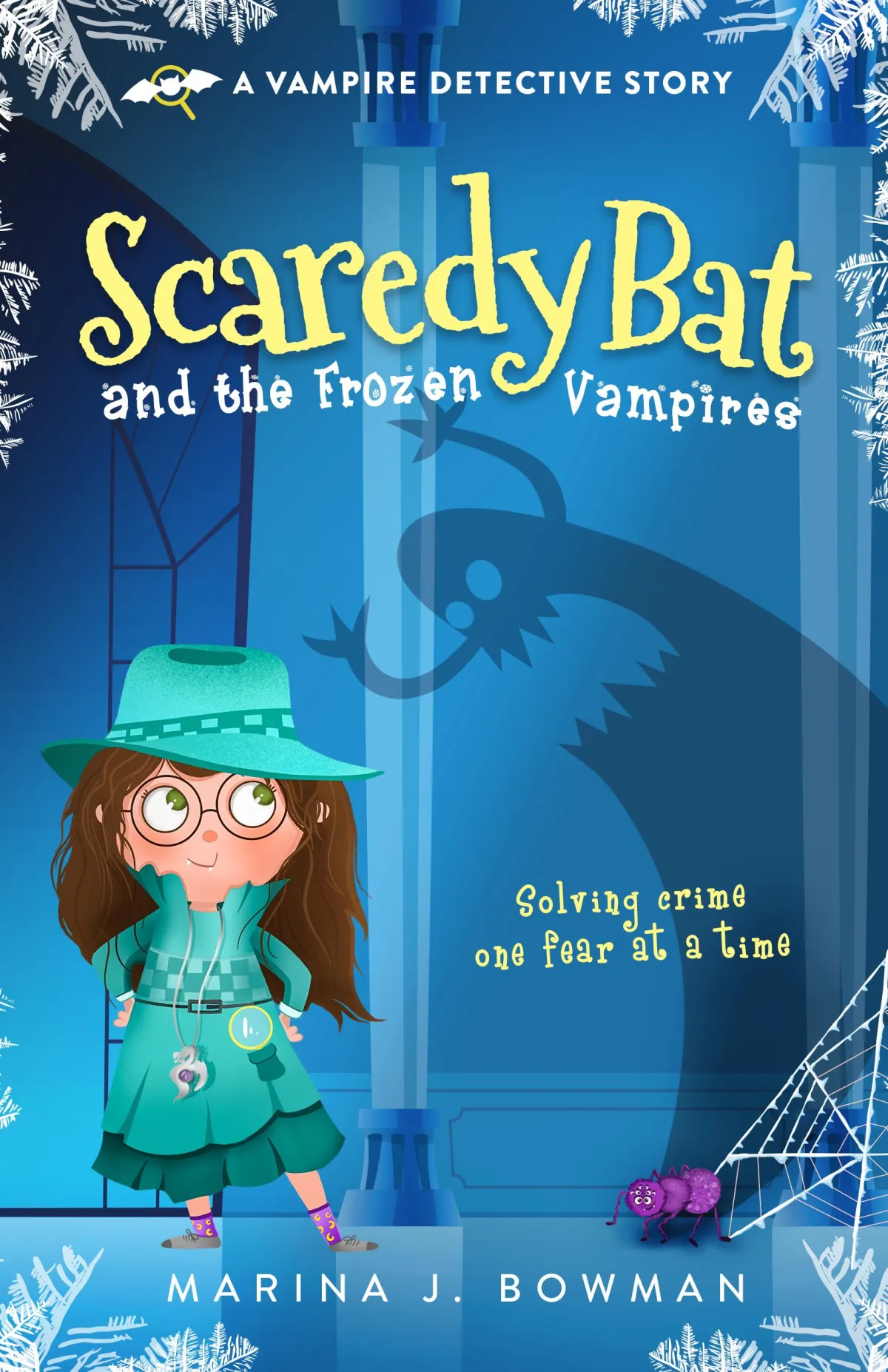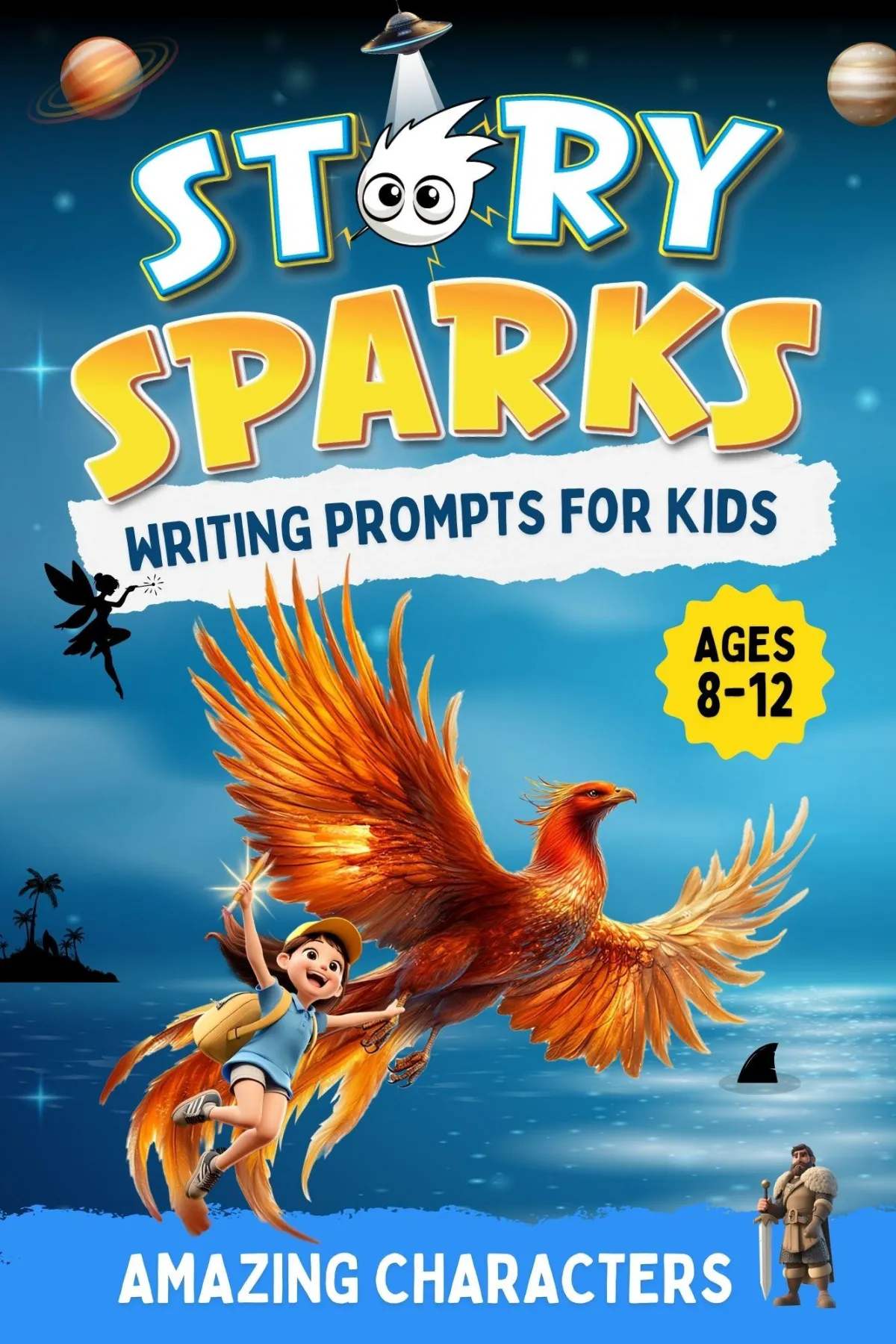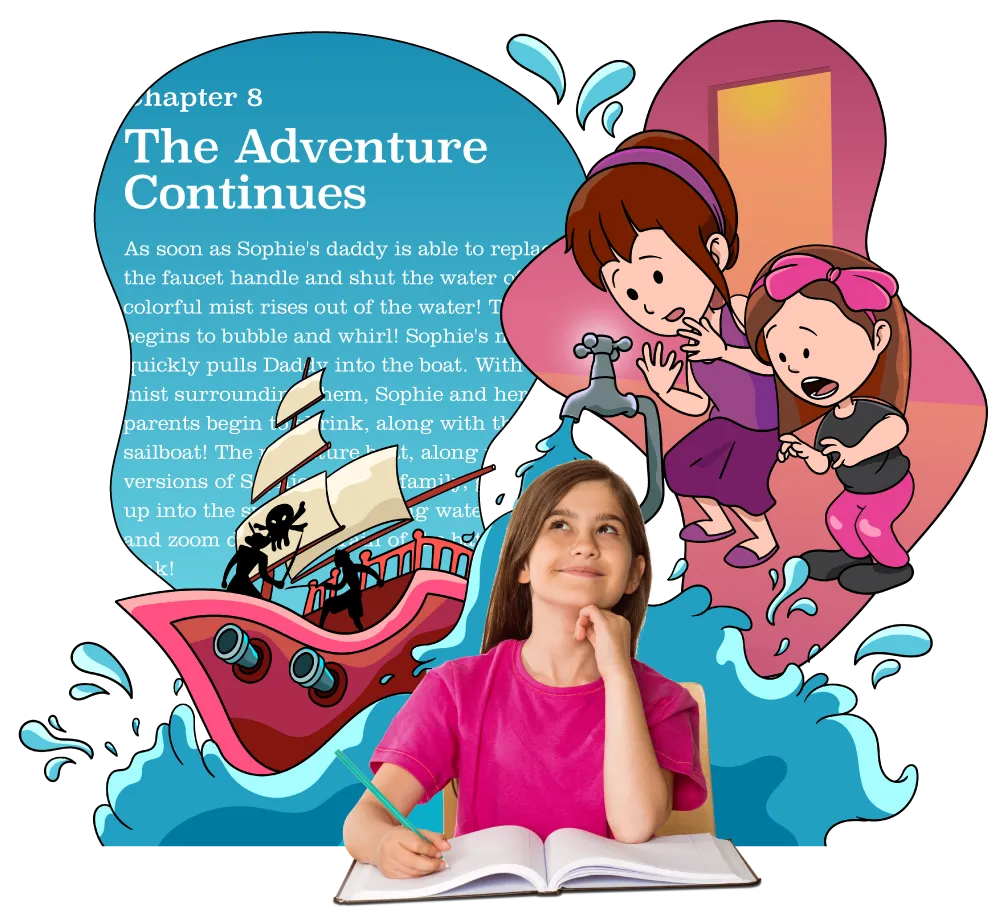
5 Benefits of Creative Writing for Children
Have you ever watched your child lost in thought, perhaps inventing a new world or crafting a unique character during playtime? Creative writing can turn these fleeting moments of imagination into stories that captivate and inspire. By encouraging your child to write creatively, you're not just helping them pen stories; you're opening doors to new possibilities that enhance their overall development. In this post, you will discover creative writing can help your child thrive in life.
Enhances Imagination and Creativity
Creative writing sparks children's imaginations, allowing them to explore new worlds and ideas beyond their everyday experiences. When you encourage your child to create stories, they dive into adventures, invent characters, and build entire universes.
This process helps them see things differently, nurturing their ability to think outside the box. As they weave narratives, they learn to visualize scenarios, enhancing their creative thinking skills.
You might notice your child becoming more curious, asking questions, and seeking inspiration from their surroundings. Engaging in creative writing also boosts their confidence, as they express their unique perspectives.
Improves Language and Communication Skills
Engaging in creative writing helps kids pick up new vocabulary and sharpen their communication skills.
When you encourage them to write stories, poems, or dialogues, they explore different words and phrases. This not only expands their language but also boosts their ability to express thoughts clearly. As they craft narratives, they learn to structure sentences and use grammar effectively.
Additionally, creative writing allows children to experiment with tone and style, enhancing their understanding of how language shapes meaning. They start to recognize the importance of audience and context, improving their ability to communicate in various situations.
Boosts Emotional Intelligence
Writing stories and exploring characters' emotions help children develop a deeper understanding of their own feelings and those of others, significantly boosting their emotional intelligence.
When you encourage your child to create narratives, they learn to empathize with characters facing various challenges. This process allows them to reflect on their emotions and recognize similar feelings in real life.
For instance, when your child writes about a superhero they created, they're not only inventing powers but also exploring what it means to be brave.
Through characters and conflicts, creative writing helps children understand their own emotions and those of others. It's a safe space to explore feelings and the consequences of actions without real-world stakes.
As they navigate different scenarios, they practice articulating their thoughts and feelings, which enhances their emotional vocabulary. And discussing characters' choices and emotions fosters critical conversations about right and wrong, helping your child to build moral reasoning.
Ultimately, creative writing nurtures a sense of self-awareness and empathy, essential components of emotional intelligence that will serve them throughout their lives.
Fosters Critical Thinking
Children develop critical thinking skills as they craft plots and resolve conflicts in their stories. When they create characters with different motives, they analyze perspectives and make choices that affect the narrative. This process encourages them to evaluate consequences, weigh options, and make informed decisions.
As they construct their narratives, they often encounter problems that require innovative solutions, prompting them to think outside the box. You'll see them brainstorming ideas, questioning assumptions, and exploring multiple outcomes. This practice not only enhances their storytelling but also sharpens their analytical skills.
Builds Confidence in a safe way
Creative writing provides a safe space for kids to express themselves, allowing their unique voices to shine and boosting their confidence along the way.
When you encourage your child to write creatively, they learn to share their thoughts and feelings without fear of judgment. This freedom fosters self-acceptance and helps them embrace their individuality.
As they craft stories, they develop a sense of ownership over their work, which reinforces their self-esteem. Plus, receiving positive feedback from peers and adults can further validate their efforts Watching their ideas come to life not only enhances their writing skills but also instills a belief in their abilities.
Ultimately, creative writing empowers children to communicate confidently and authentically in various aspects of their lives.
Conclusion
Incorporating creative writing into your child's routine can unlock a world of benefits. It sparks their imagination, enhances their language skills, and nurtures emotional intelligence.
As they craft stories, they'll sharpen their critical thinking and problem-solving abilities, all while building confidence in their unique voices.
By encouraging them to express themselves through writing, you're not just helping them develop skills; you're also fostering a lifelong love of storytelling that can enrich their lives in countless ways.
So you may thinking, “great, I’m sold on the benefits of creative writing, but how do I actually encourage my child to write.” We’ll cover that in our next post, Easy Ways to Introduce Your Child to Creative Writing.
FAQ
What Age Is Best to Start Creative Writing for Children?
You can start creative writing with children as young as five. At this age, their imagination flourishes, and they're eager to express thoughts. Encouraging them early helps nurture their creativity and confidence in writing.
How Can Parents Encourage Their Child's Creative Writing at Home?
You can encourage your child's creative writing at home by providing prompts, setting aside dedicated writing time, and reading together. Celebrating their efforts is also very important. You can read more on our post ways-to-introduce-your-child-to-creative-writing.
Are There Specific Genres Children Should Focus on First?
You might start with genres like fantasy and adventure, as they spark imagination. Short stories or poetry can also engage your child effectively. The key is to let their interests guide them, allowing for exploration in different styles.
What Tools or Resources Can Help Children With Creative Writing?
You can use writing prompts, online workshops, and interactive apps to inspire creativity. Encourage reading diverse genres and utilizing journals for daily practice. These tools can spark ideas and enhance your child's writing skills effectively. You can read more on our post ways-to-introduce-your-child-to-creative-writing.
How Can Creative Writing Benefit Children With Learning Disabilities?
Creative writing helps you express thoughts freely, enhancing communication skills. It encourages you to explore imagination, boosting confidence and providing a safe space to share feelings, ultimately fostering a sense of belonging and understanding.
